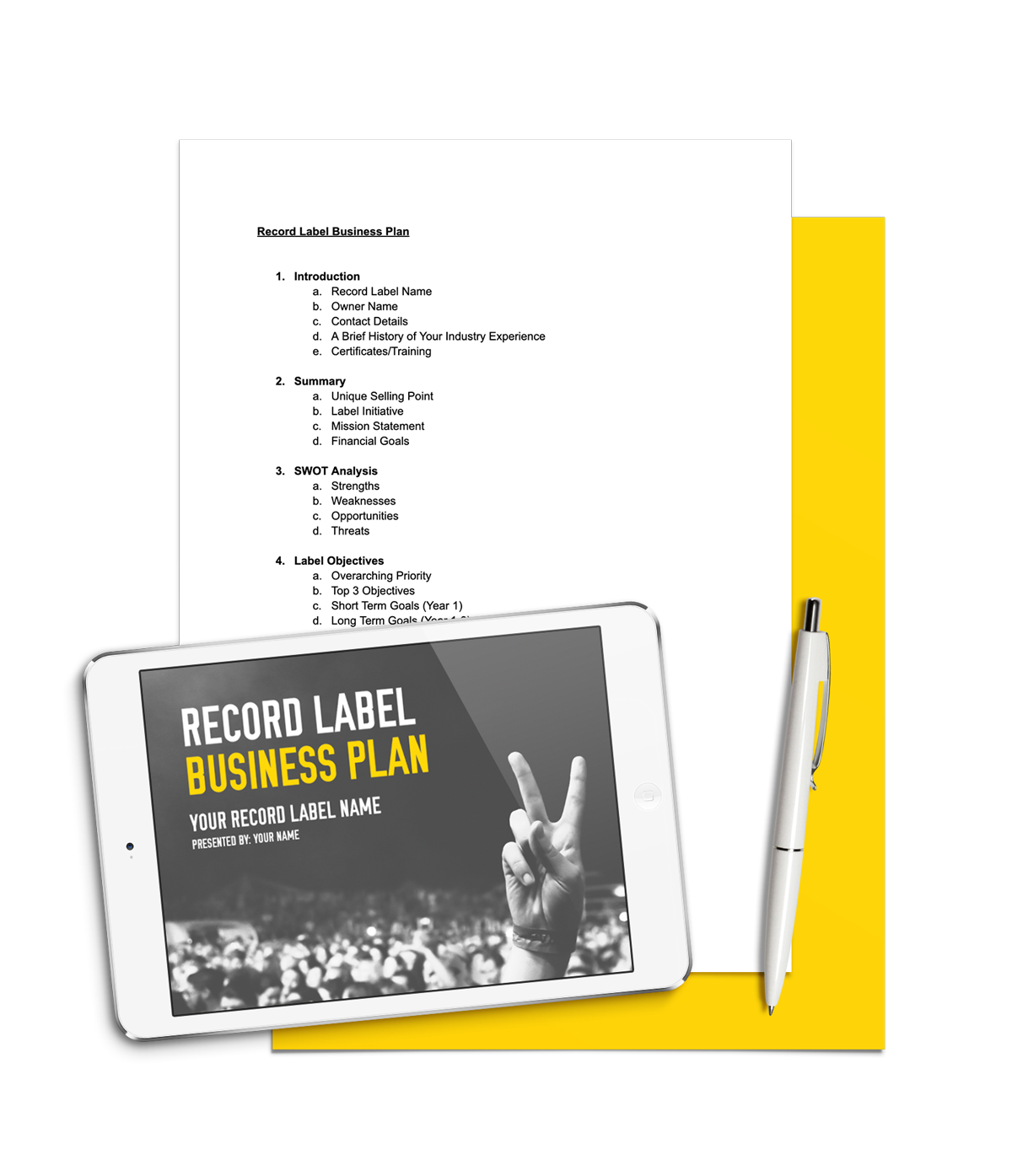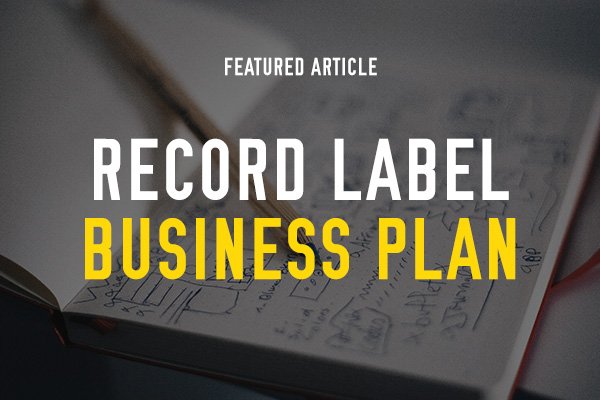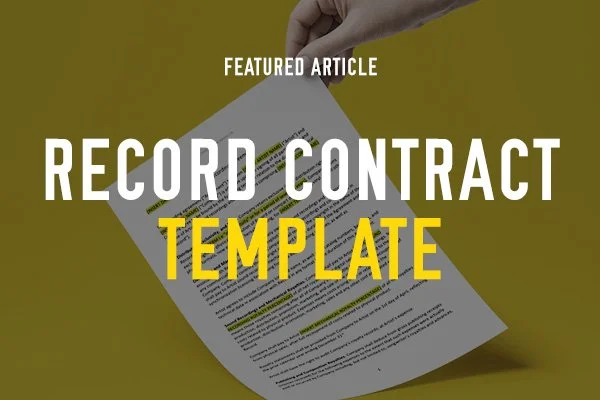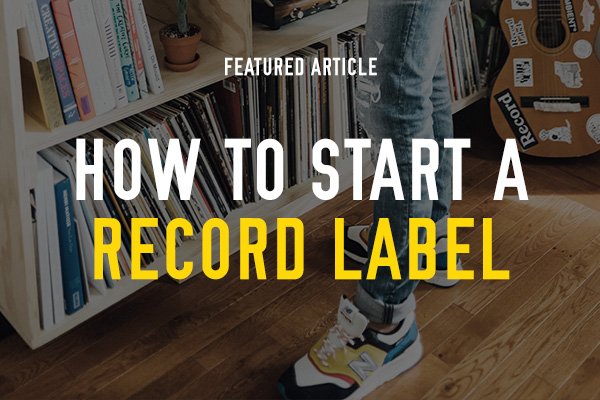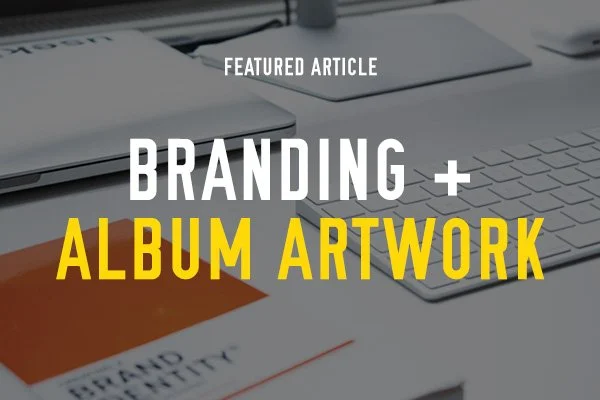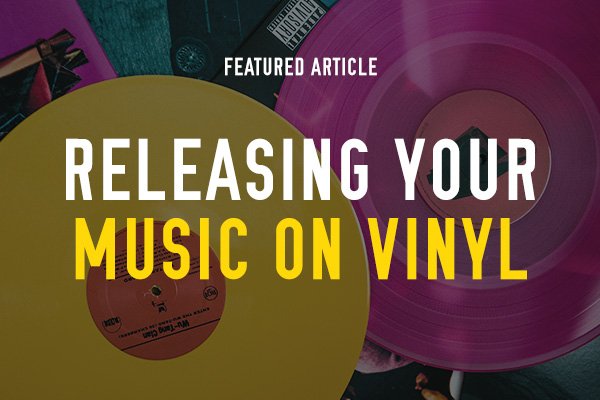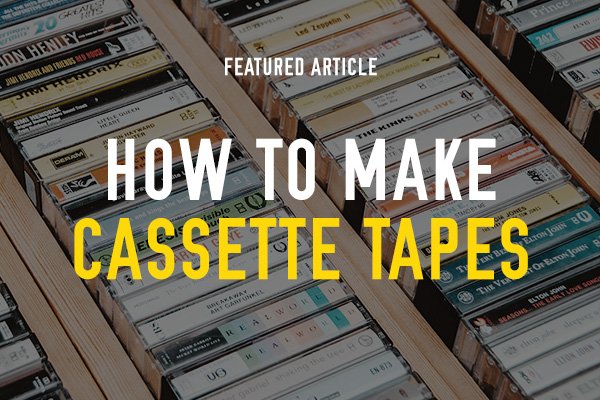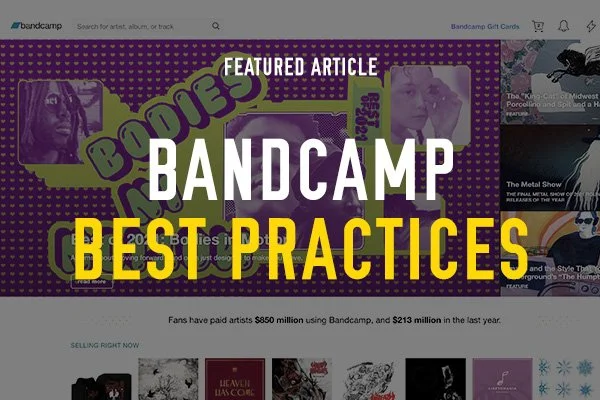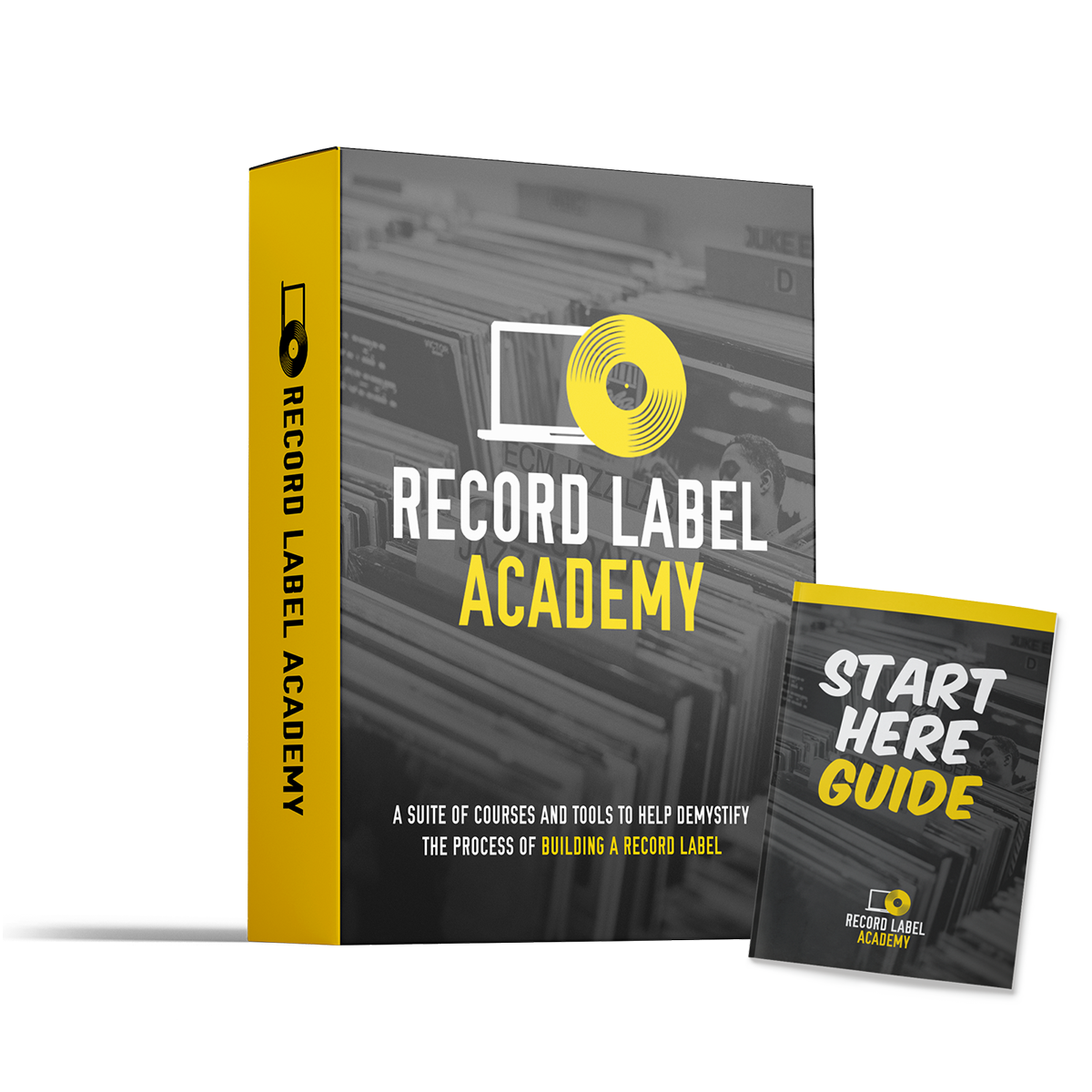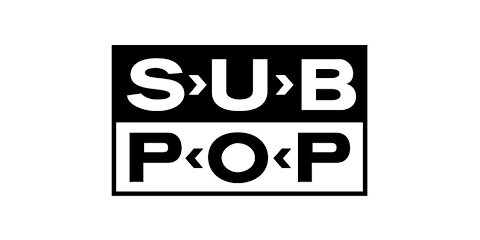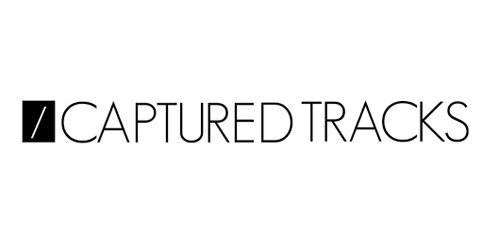
How Do Record Labels
Make Money
Welcome to my comprehensive analysis of record deals, splits, and profits in the music industry.
Let’s dive deep into the inner workings of music contracts and explore the various factors that influence the distribution of revenue among the different parties involved.
Understanding Record Deals
Record deals are the cornerstone of the music industry, and they are the primary means through which artists are able to monetize their creative output. A typical record deal involves a contract between the artist and a record label, in which the label agrees to fund the production, marketing, and distribution of the artist's music in exchange for a percentage of the revenue generated.
Types of Record Deals
There are several types of record deals that artists can sign, and each type has its own unique advantages and disadvantages. One of the most common types of record deals is the traditional record deal, in which the label provides an upfront advance to the artist and retains a percentage of the revenue generated from album sales.
Another type of record deal that has gained popularity in recent years is the 360 deal, in which the label takes a cut of all of the artist's revenue streams, including touring, merchandise, and endorsements. While these deals can provide significant financial benefits for the label, they can also limit the artist's creative freedom and control over their career.
Splits and Profits
Once the revenue from the artist's music starts coming in, it is split among the various parties involved in the record deal. This revenue is typically split between the label, the artist, and any co-writers or producers involved in the creation of the music.
The percentage of revenue that each party receives is determined by the terms of the record deal. In a traditional record deal, the label may take up to 80% of the revenue generated, leaving the remaining 20% to be split between the artist and any co-writers or producers.
In a 360 deal, the label may take a smaller percentage of revenue from album sales, but they will take a cut of all of the artist's revenue streams, including touring, merchandise, and endorsements.
Analyzing Record Deals
Given the complex nature of record deals, it is essential for artists and their teams to thoroughly analyze and negotiate the terms of any contract before signing. One important factor to consider is the percentage of revenue that the label will take, as this will directly impact the amount of money that the artist will be able to earn.
Other important factors to consider include the length of the contract, the marketing and promotion commitments of the label, and the creative control that the artist will retain over their music.
In conclusion, record deals, splits, and profits are a crucial aspect of the music industry, and understanding their inner workings is essential for any artist or industry professional.
By thoroughly analyzing and negotiating the terms of a record deal, artists can ensure that they are able to maximize their creative output and earnings potential.

Download Record Label
Business Plan (Free)
Q: What is a record deal?
A: A record deal is a contract between an artist and a record label, in which the label provides funding for the production, marketing, and distribution of the artist's music in exchange for a percentage of the revenue generated.
Q: What are the different types of record deals?
A: The two most common types of record deals are traditional record deals and 360 deals. In a traditional record deal, the label takes a percentage of the revenue generated from album sales, while in a 360 deal, the label takes a cut of all of the artist's revenue streams.
Q: What are splits and profits in a record deal?
A: Splits and profits refer to the way in which the revenue generated from an artist's music is divided among the different parties involved in the record deal. This typically includes the label, the artist, and any co-writers or producers involved in the creation of the music.
Q: How is the revenue split determined in a record deal?
A: The percentage of revenue that each party receives is determined by the terms of the record deal. In a traditional record deal, the label may take up to 80% of the revenue generated, leaving the remaining 20% royalties to be split between the artist and any co-writers or producers.
Q: Why is it important to analyze and negotiate the terms of a record deal?
A: Analyzing and negotiating the terms of a record deal is essential for artists to ensure that they are able to maximize their creative output and earnings potential. This includes considering factors such as the percentage of revenue the label will take, the length of the contract, and the artist's creative control over their music.
How Record Labels
Make Money FAQs

Helpful Articles for Record Labels

RECORD LABEL
ACADEMY
The Complete A to Z of Building and Growing an Independent Record Label.


RECORD LABEL
ACADEMY
Instant Lifetime Access to all our courses, books, and templates!
-
How to Start a Record Label (Online Course)
Record Label Marketing Strategies (Online Course)
Record Label Decision Tool (Online Course)
Profitable Record Label (Online Course)
All 10 Micro Courses
All 8 Micro eBooks
How to Start a Record Label (eBook)
Record Label Marketing Strategies (eBook)
Tons of bonus templates and extra resources
BEST VALUE
*
BEST VALUE *
RECORD LABEL
ACADEMY
Instant Lifetime Access to all our courses, books, and templates!
-
How to Start a Record Label (Online Course)
Record Label Marketing Strategies (Online Course)
Record Label Decision Tool (Online Course)
Profitable Record Label (Online Course)
All 10 Micro Courses
All 8 Micro eBooks
How to Start a Record Label (eBook)
Record Label Marketing Strategies (eBook)
Tons of bonus templates and extra resources
Other Record Labels Podcast
Featuring interviews with…



